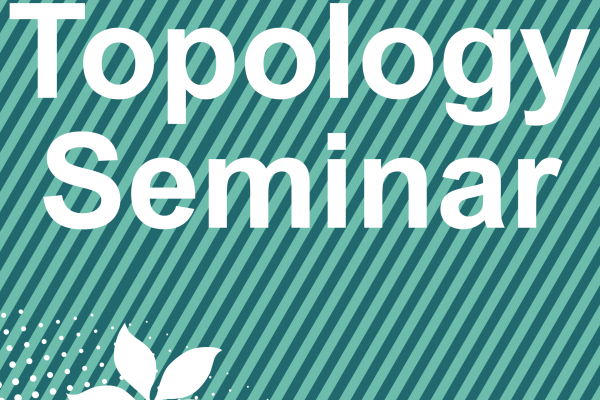
Title: Quasi-isometric embeddings into simple groups
Speaker: Matthew C. B. Zaremsky - University at Albany
Abstract: It is a classical fact that every finitely generated group embeds as a subgroup of a finitely generated simple group. In the 90's Bridson proved that if one relaxes "simple" to "no proper finite index subgroups" then such an embedding can be done in a quasi-isometric way. In joint work with Jim Belk, we prove that this is true even keeping the word "simple": every finitely generated group quasi-isometrically embeds as a subgroup of a finitely generated simple group. The simple groups we construct are "twisted" variants of Brin-Thompson groups. Certain of these twisted Brin-Thompson groups also provide examples of groups with interesting finiteness properties, and using them we can produce the second known family of simple groups with arbitrary finiteness properties (the first being due to Skipper-Witzel-Z).
